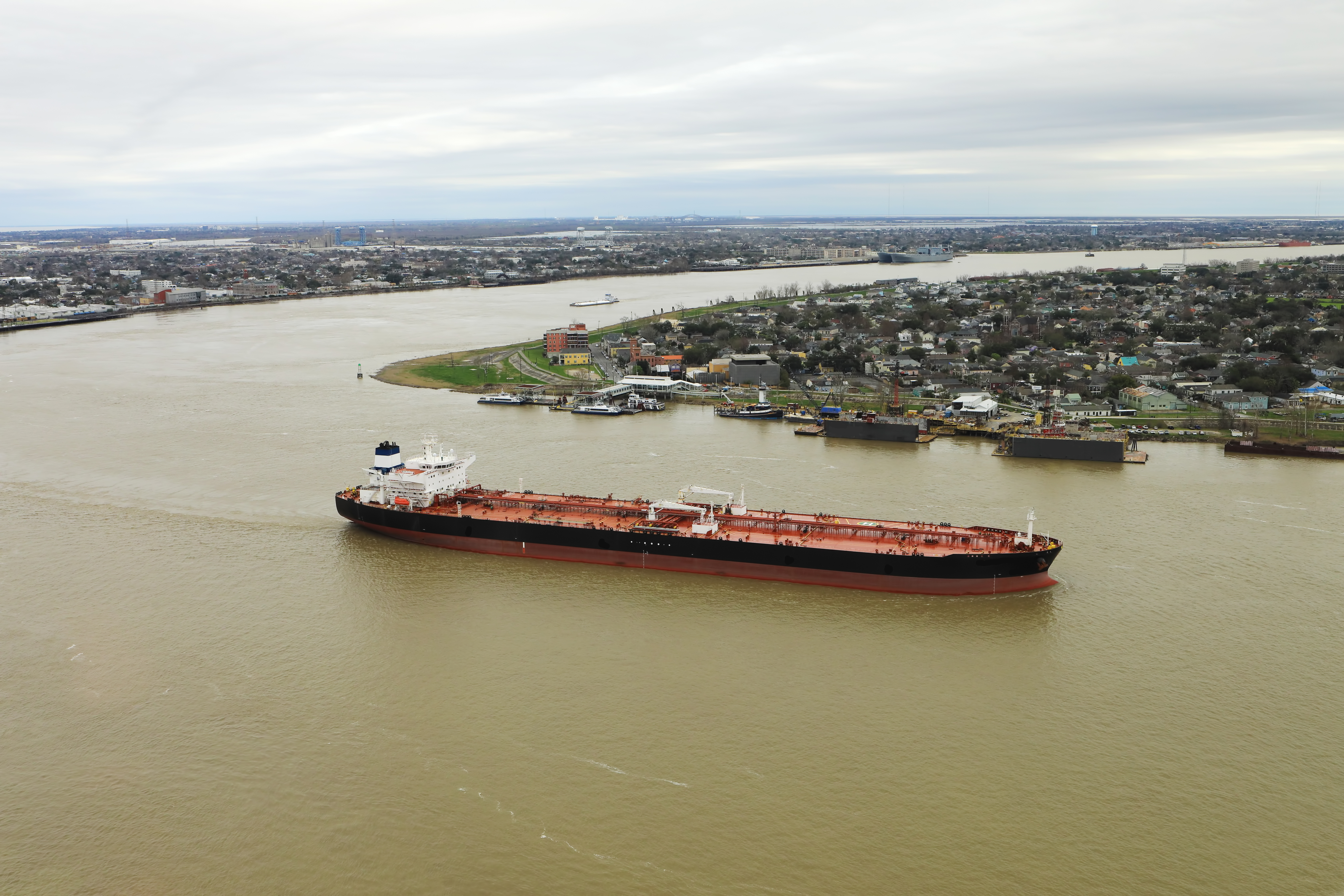Legal Update: Dutra Group v. Batterton, Sup. Ct. No. 18-266, 588 U.S. ___ (2019) – SUPREME COURT OF THE UNITED STATES
Summary of the Facts
A US seaman sued his employer/vessel owner for injuries suffered on board a dredge vessel, alleging various claims which included negligence under the US Jones Act[1], failure to provide maintenance and cure, and unseaworthiness[2]. The seaman’s hand had been crushed when a hatch cover blew open due to pressurized air being pumped below deck by fellow crew members. The injured seaman alleged the vessel was unseaworthy because it lacked any mechanism to safely exhaust pressurized air.
The vessel owner filed a motion to strike the seaman’s demand for punitive damages, which was brought as part of his unseaworthiness claim. The lower court denied the motion and the vessel owner appealed. The appellate court affirmed the lower court’s decision, holding that the injured seaman was entitled to seek punitive damages for unseaworthiness. In doing so, the appellate court relied on an earlier Supreme Court ruling that allowed recovery of punitive damages for wrongful denial of maintenance and cure. The appellate court’s decision caused a division of authority on this issue amongst the US federal appellate courts and the case was accepted on appeal by the Supreme Court in order to resolve the split.
Judgment
On 24 June 2019, the Supreme Court issued its opinion reversing the appellate court’s decision and holding that punitive damages are not an available remedy to seamen in unseaworthiness claims. The Court noted it was bound to look to legislative enactments for policy guidance and reasoned that because Jones Act negligence claims and unseaworthiness claims are parallel means of recovery for the same injury, unseaworthiness claims should conform to the legislative intent of the Jones Act, which does not allow for recovery of punitive damages. The Court also based its decision on an overwhelming lack of historical evidence that US maritime law provides for punitive damages in unseaworthiness claims, unlike claims for wrongful denial of maintenance and cure, which have an established history of allowing punitive damages. The Court also expressed concern that allowing punitive damages would discourage employment of American seamen[3] and possibly place American vessel owners at a competitive disadvantage because punitive damages are generally not available in other countries. Finally, the Court dispelled the notion that seamen are entitled to blanket special protection from the courts, finding this paternalistic approach taken by Nineteenth Century courts to be much less applicable to modern seafarers who are not nearly as isolated or dependent on the master as their predecessors.
Comments
This is a landmark decision that resolves a long-standing inconsistency in the way US Circuit Courts of Appeal have ruled on the availability of punitive damages to seamen in unseaworthiness cases. While prior Supreme Court decisions have clearly established that punitive damages are not available in Jones Act negligence cases, some courts have still allowed recovery of such damages in connection with claims for unseaworthiness. By resolving the split in authority amongst the federal appellate courts, this decision effectively eliminates the recovery of punitive damages in US unseaworthiness claims.
[1] The US Jones Act was passed in 1920. The Act creates a cause of action for “any seaman” injured “in the course of his employment.” Under US law, a seaman who suffers injury or death in the service of a ship has three remedies against his employer/vessel owner: 1) maintenance and cure; 2) unseaworthiness of the vessel; 3) negligence under the Jones Act.
[2] In an unseaworthiness claim, a vessel owner is strictly liable for injuries to seamen caused by an unseaworthy condition existing on a vessel. The test for an unseaworthy condition is whether the vessel, equipment, or appurtenances are “reasonably fit for their intended use.”
[3] Under certain circumstances foreign seaman can be entitled to bring a cause of action for Jones Act negligence and unseaworthiness, which further highlights the importance of this decision.




